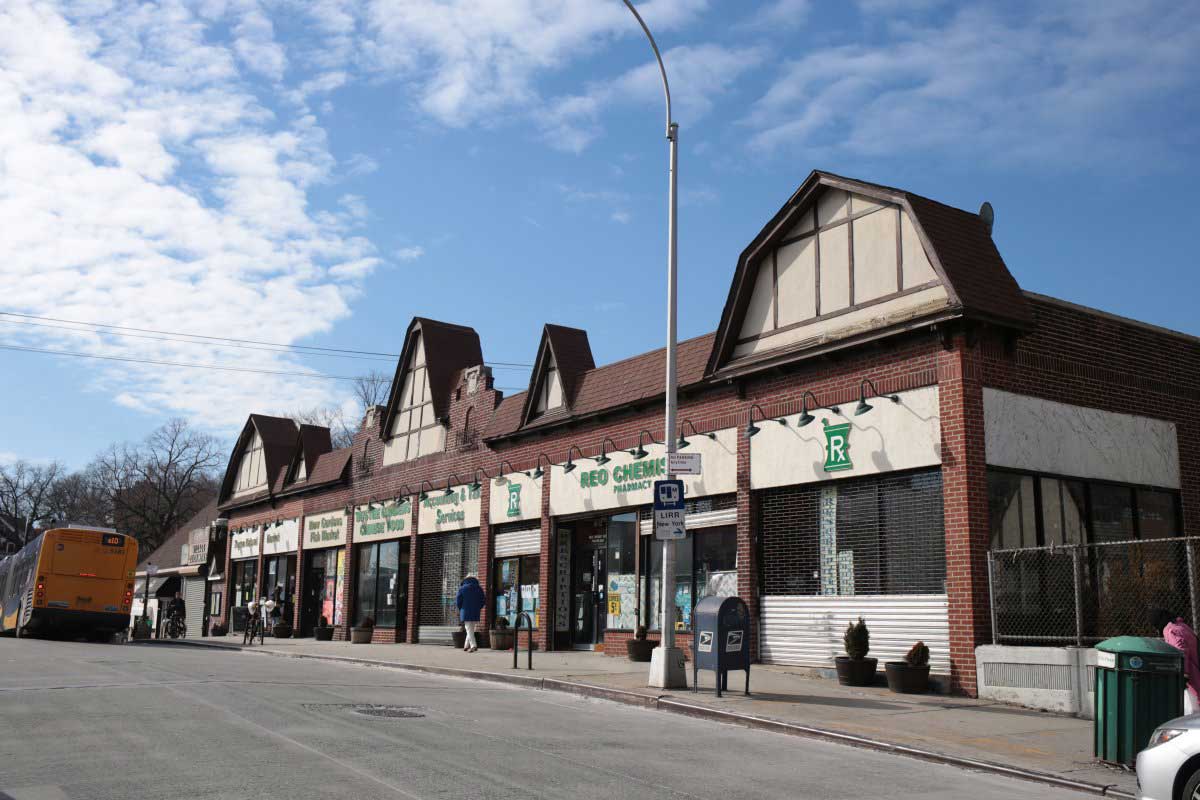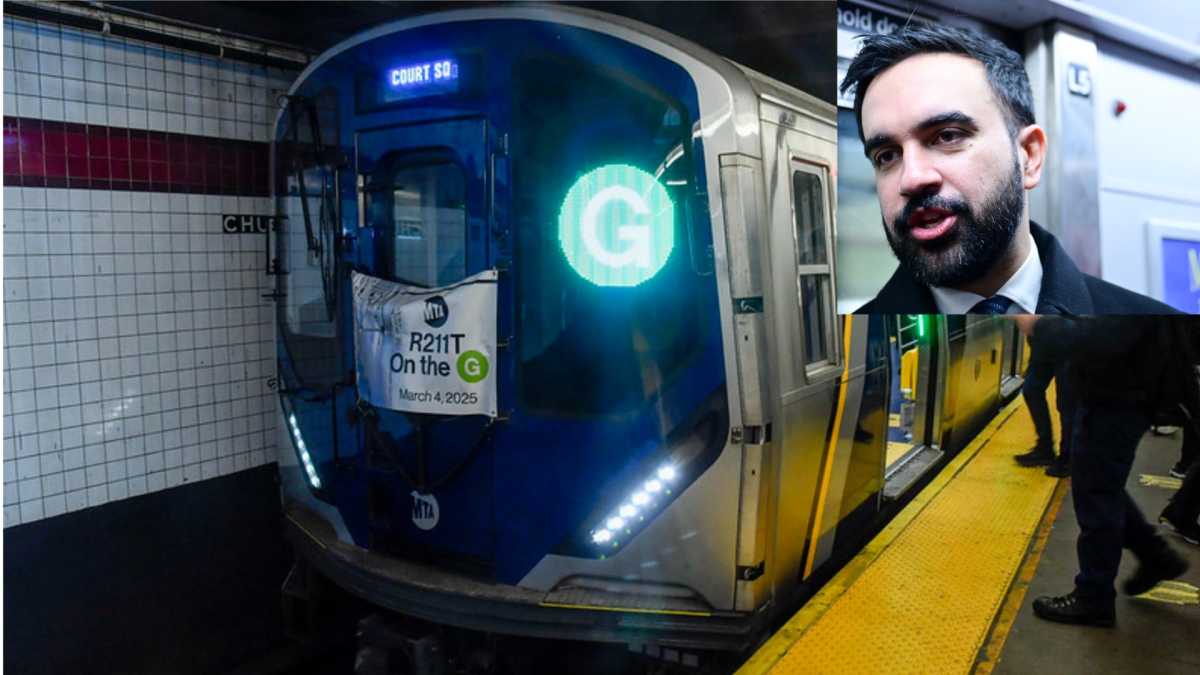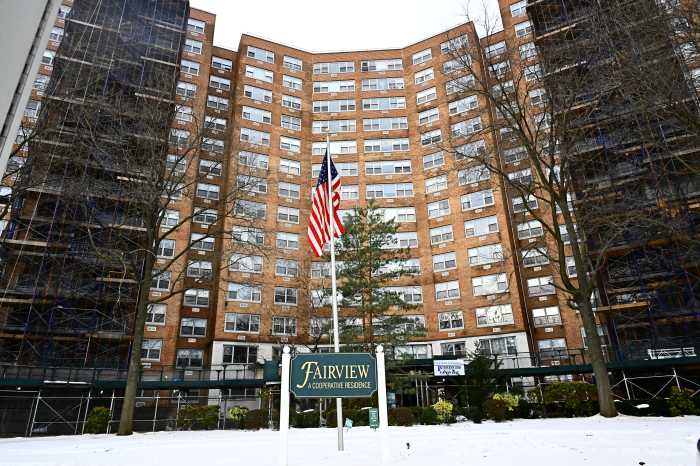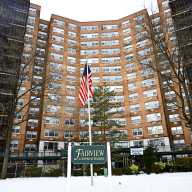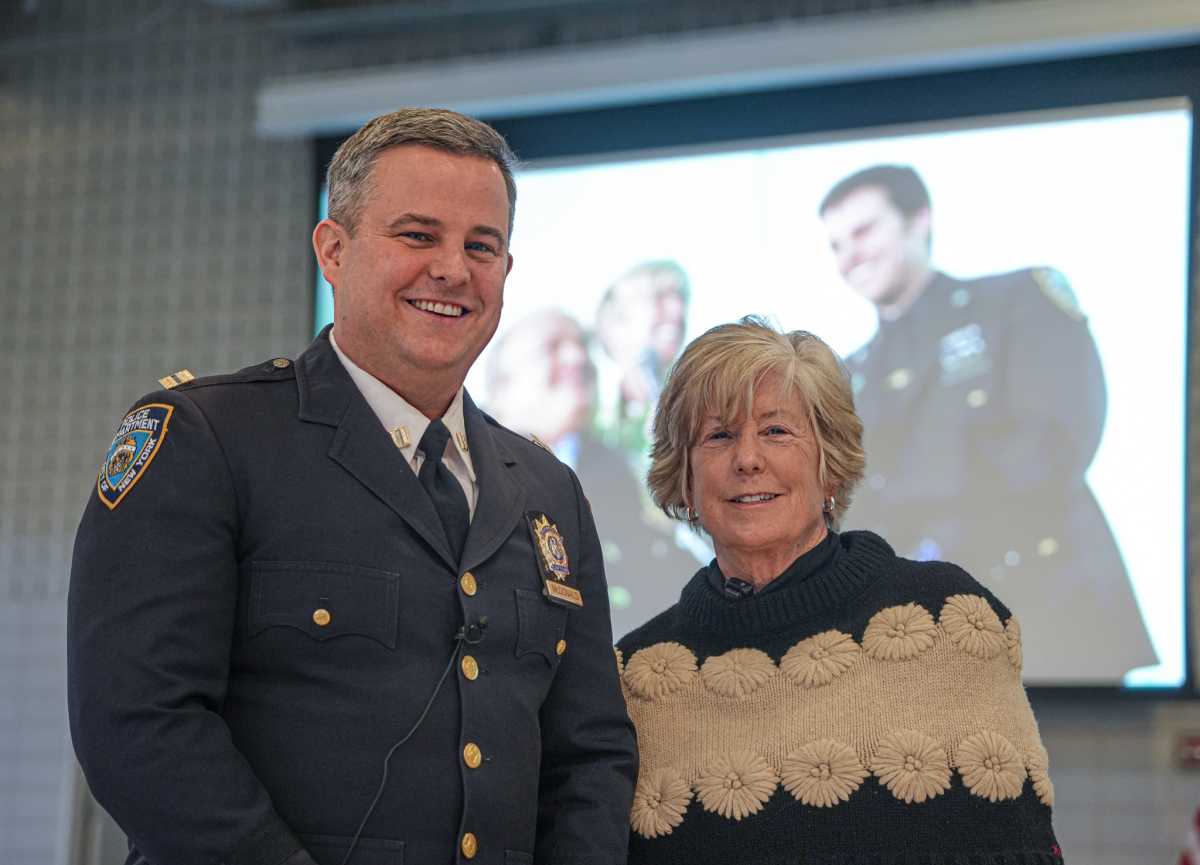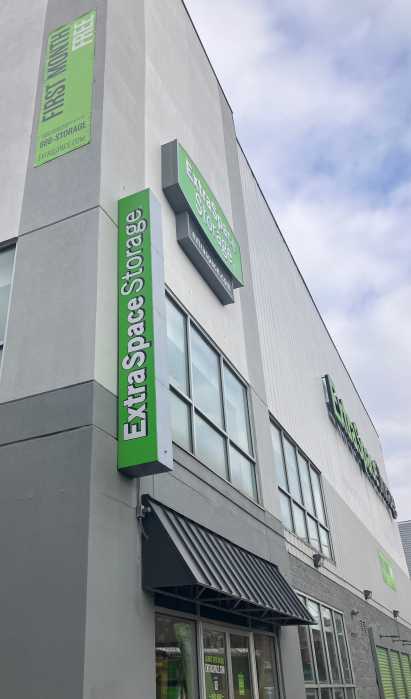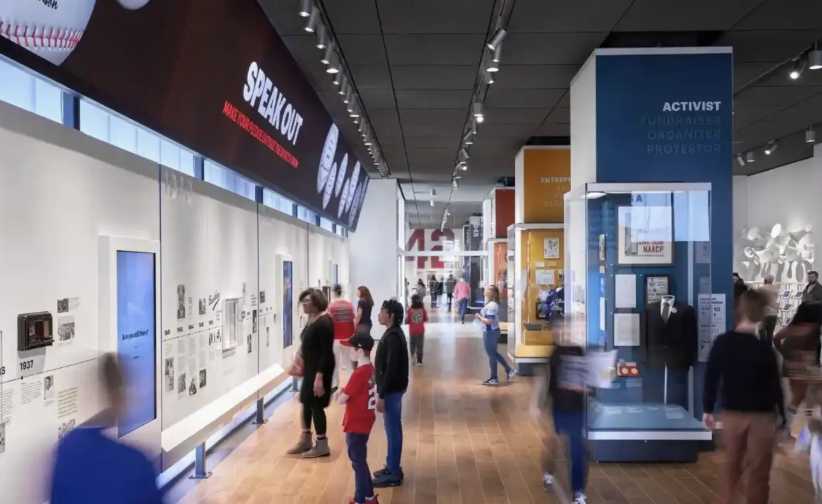By Naeisha Rose
The Lefferts Boulevard Bridge Study Bill introduced in March by state Sen. Leroy Comrie (D-St. Albans) and Assemblyman Daniel Rosenthal (D-Flushing) passed in the state Legislature last week.
If the bill is signed by Gov. Andrew Cuomo and enacted, it would direct the MTA Long Island Rail Road to conduct a feasibility study of rehabilitating the Lefferts Boulevard Bridge, which is in the heart of Kew Gardens between Austin and Grenfell streets, according to the elected officials.
“The Lefferts Boulevard Bridge is a gem of our borough and the epicenter of a thriving neighborhood,” Comrie said. “The LIRR will be held responsible for their mismanagement of the bridge structure.”
The Long Island Rail Road bridge was built 90 years ago and had become unsafe for residents and the 13 businesses surrounding it, according to the lawmakers. For years the community has criticized the lack of maintenance of the bridge and its crumbling infrastructure.
The Metropolitan Transportation Authority’s initial reaction to the concerns of the residents was to knock down the organic food store, a fish market, Chinese takeout place and the other businesses in order to make room to rebuild the bridge, but community members want repairs instead of a demolishment, because they fear developers could get a hold of the space, pushing their favorite shops out.
The community fears that if the local businesses are destroyed, greedy developers will try to buy up the empty business lots instead of allowing the local businesses to return.
“The MTA felt it was better to replace it than to repair it,” said Murray Berger, the executive chairman of the Kew Gardens Civic Association.
After a May 24 meeting with the LIRR’s new president, Phillip Eng, Berger hopes that a possible study of the bridge could result in the MTA changing course with demolishing the bridge and the community’s request for a repair would be heard.
“After our last meeting with the new President Phillip Eng, we felt a lot better and we are hoping that he comes up with the right answers,” said Berger, but “I’m not optimistic until we accomplish our goals. We know we have the Senate and the Assembly behind us. We now need the governor and the MTA.”
If the bill passes, the MTA would have to do a feasibility study that weighs the costs and benefits of rehabilitating the bridge as an alternative to demolition and the economic impact of rehabilitation. They would also have to come up with a plan for preserving businesses above the bridge and the economic impact a demolition would have on other business near the bridge, according to the legislation.
“We would rather go right to repair and restore,” said Sylvia Hack, the president of the Kew Gardens Improvement Association. “We are happy our elected officials have done this and moved to make it clear to the MTA they are behind us — the bill passed 61 to nothing in the Senate and in the House 131 to four.”
The improvement association has already spoken to its own engineers about repairing the bridge without a demolition, according to Hack.
“Right now the Long Island Rail Road engineers are looking at different options and the bridge itself and we are going to be meeting with them at some point…to find out what they can do and how,” said Hack. Comrie and Rosenthal “worked hard to get this bill passed and written and… our issue is that we know what has to be done and we know what the issues are, we just want the [MTA] to go ahead and do the repair and restoration.”
Rosenthal wants the repair to get done, too.
“The future of the Lefferts Boulevard Bridge is of vital importance to our small business owners, residents and the entire Kew Gardens community,” said Rosenthal. “I look forward to continuing this fight to ensure that LIRR takes active measures to keep our bridge and neighborhood intact.”
Reach reporter Naeisha Rose by e-mail at nrose

